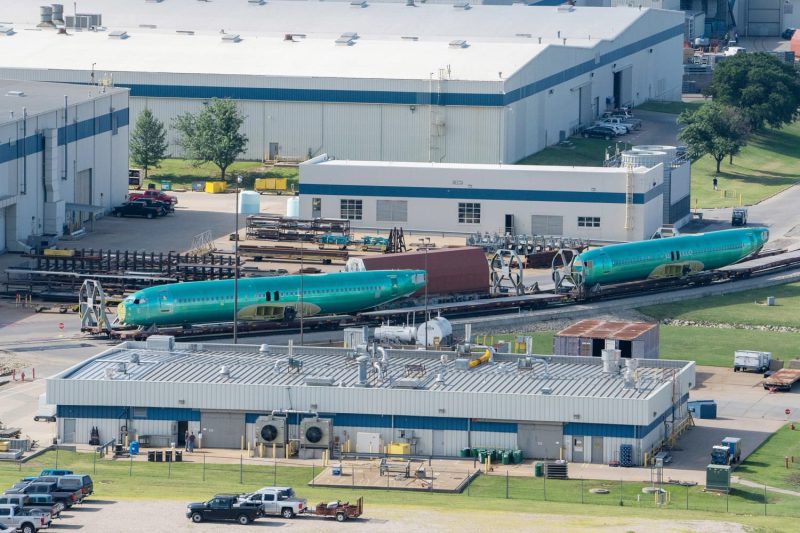Spirit AeroSystems to Furlough 700 Workers as Boeing Machinist Strike Continues
Spirit AeroSystems, a major supplier for Boeing, recently announced that they will be forced to furlough around 700 employees due to the ongoing Boeing Machinist Strike, which has disrupted the aerospace industry. This move comes as a result of the halt in production at Boeing plants, leading to a reduced need for parts and components manufactured by Spirit AeroSystems. The furloughs will affect both salaried and hourly workers at the Spirit’s Wichita, Kansas, facility. This decision highlights the ripple effect that strikes and production halts can have on the entire supply chain within the aerospace industry.
Spirit AeroSystems, a leading manufacturer of aerostructures for commercial and defense aircraft, has been grappling with the impact of the Boeing Machinist Strike, which began on September 8. The strike, involving nearly 19,000 members of the International Association of Machinists and Aerospace Workers (IAM), has led to disruptions in the production of Boeing aircraft, including the 737 and 787 models. As a key supplier for Boeing, Spirit AeroSystems heavily depends on a steady flow of orders from the aircraft manufacturer.
The decision to furlough 700 workers is a challenging but necessary step for Spirit AeroSystems to navigate through the ongoing strike situation. The furloughs are expected to be temporary, and the affected employees will be eligible for unemployment benefits during this period. While the company aims to bring back the furloughed workers once the strike is resolved and production resumes at normal levels, the uncertainty surrounding the strike’s duration raises concerns about the long-term impact on the affected employees and the aerospace industry as a whole.
The Boeing Machinist Strike has not only disrupted the operations of Boeing and its suppliers like Spirit AeroSystems but has also raised questions about the stability and resilience of the aerospace supply chain. The strike underscores the interconnected nature of the aerospace industry, where delays or disruptions at one point in the supply chain can have far-reaching consequences for other companies down the line. As both Boeing and the IAM continue negotiations to address the workers’ concerns and reach a resolution, the ripple effects of the strike are being felt across the industry.
In response to the furloughs, Spirit AeroSystems has emphasized its commitment to supporting its workforce during these challenging times. The company is working closely with its employees to provide them with assistance and resources to navigate through the furlough period. Additionally, Spirit AeroSystems is collaborating with union representatives and other stakeholders to monitor the developments in the strike and assess the impact on its operations and workforce moving forward.
The furlough of 700 workers at Spirit AeroSystems serves as a stark reminder of the human cost of industrial disputes and production interruptions in the aerospace sector. While the company is taking steps to mitigate the impact on its employees and operations, the broader implications of the Boeing Machinist Strike on the industry’s stability and supply chain dynamics remain a pressing concern. As the strike continues and negotiations progress, the fate of affected workers and the industry’s future hang in balance, highlighting the complex interplay between labor, manufacturing, and supply chain management in the aerospace sector.
